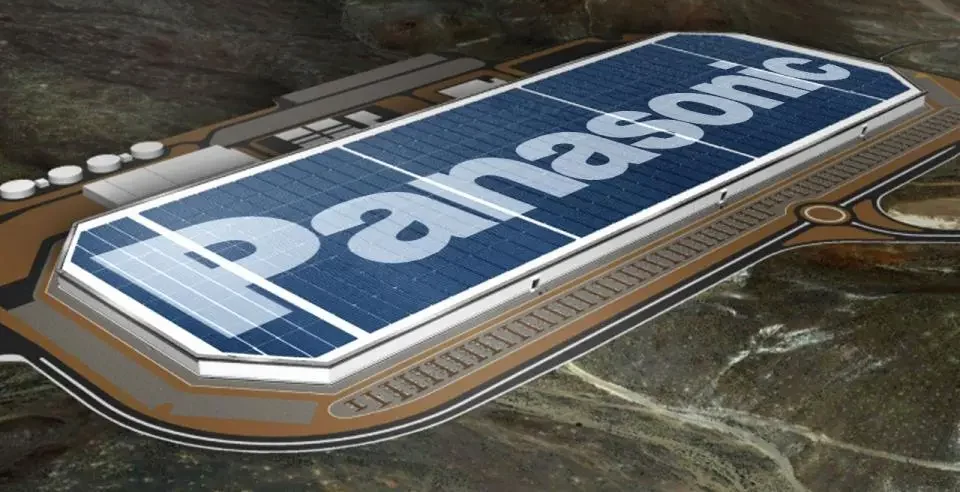Panasonic Energy’s new venture in De Soto, Kansas, marks a pivotal shift in the electric vehicle (EV) battery market.
This Japanese battery giant is establishing its second U.S. gigafactory, following its successful Nevada plant.
The De Soto facility, set to open next year, represents a significant $4 billion investment.
It’s expected to generate 4,000 jobs, transforming a former army ammunition site into a key employment hub and revitalizing the local economy.
The De Soto factory underscores Panasonic’s ambition to reclaim its leadership in the global EV battery market.
Historically a pioneer in lithium-ion battery technology, Panasonic now faces intense competition, especially from Chinese and South Korean manufacturers.

This new facility is a strategic response to these challenges and a significant expansion in North America.
This move also aligns with the U.S.’s 2022 Inflation Reduction Act, favoring companies that source battery materials domestically or from allies.
The De Soto plant will annually produce batteries for 550,000 Tesla Model 3 units.
Panasonic’s partnership with Tesla continues, demonstrating its commitment to overcoming challenges like engineer recruitment and market uncertainties.
Developing next-generation batteries and materials
The expansion is part of Panasonic’s broader strategy to diversify and innovate within the EV battery market.
The company aims to boost its EV battery capacity to 200 gigawatt-hours annually by 2031.
This goal reflects a shift from Panasonic’s cautious approach to a more aggressive stance in responding to the rapidly growing demand for EVs.
This development is not just a win for Panasonic but also for the U.S. EV battery market.
As Panasonic aims to increase its battery technology’s energy density by 25% by 2030, it reinforces its commitment to technological innovation and sustainability.
The company is also enhancing its R&D efforts in Japan, focusing on developing next-generation batteries and materials.
Panasonic’s strategic moves in the U.S. and globally signal a significant moment in the EV battery industry.
The company actively innovates and expands its production to remain a leader in sustainable automotive technology

